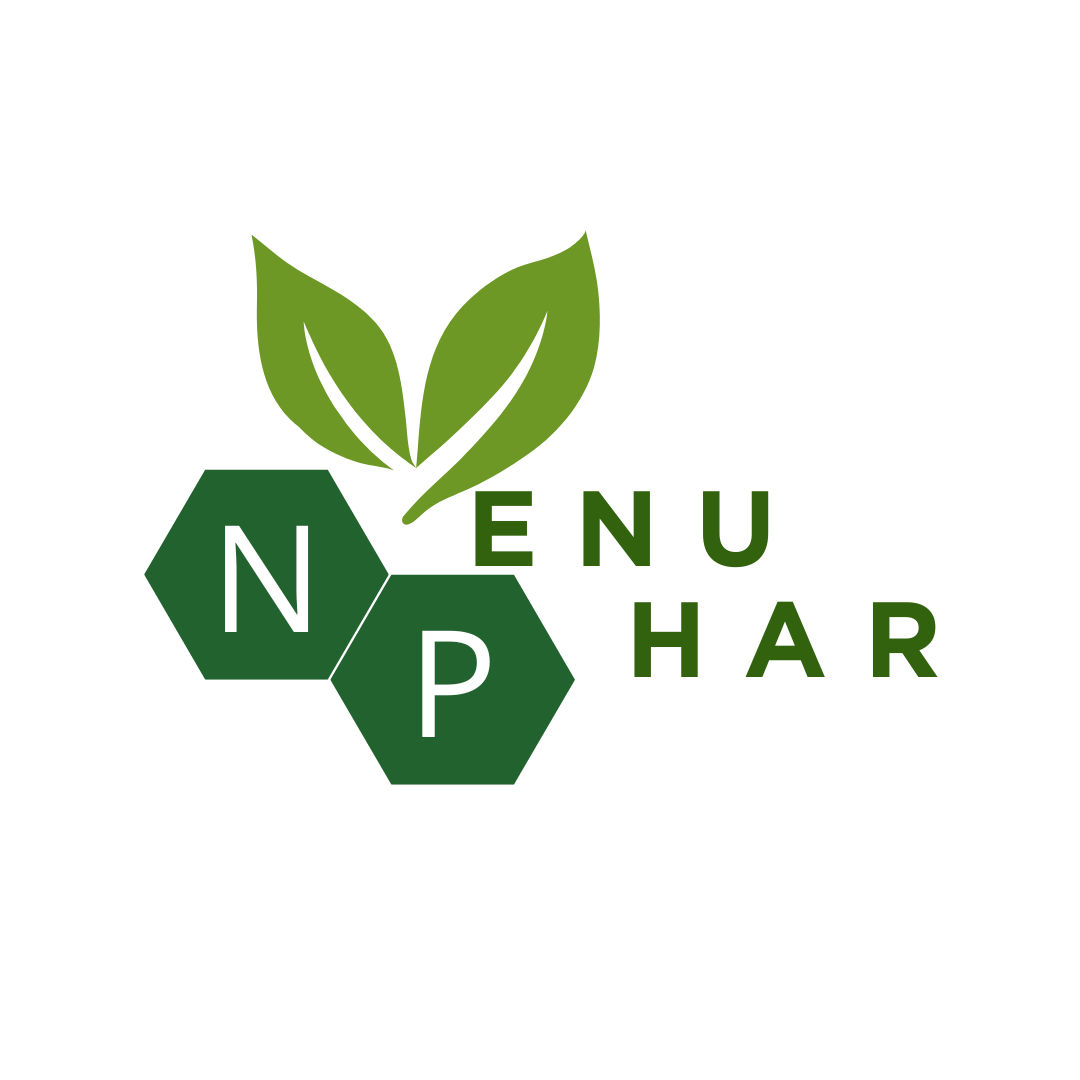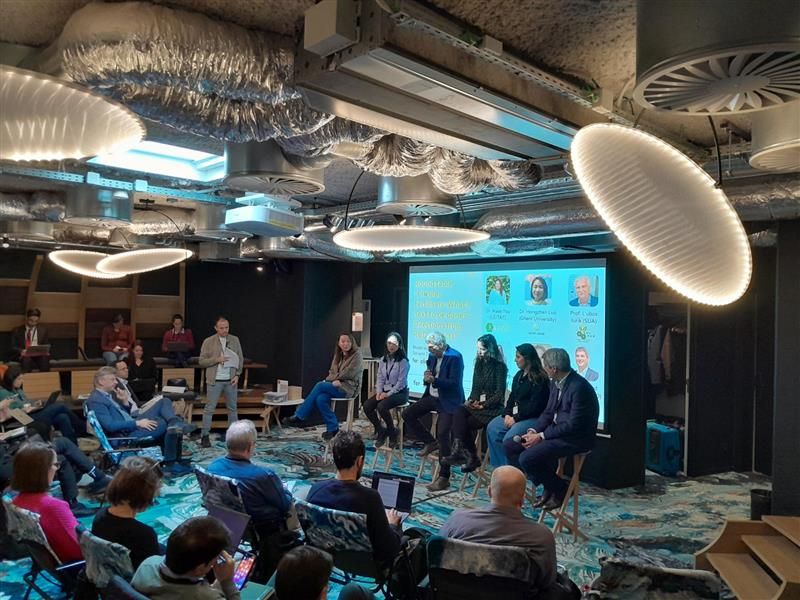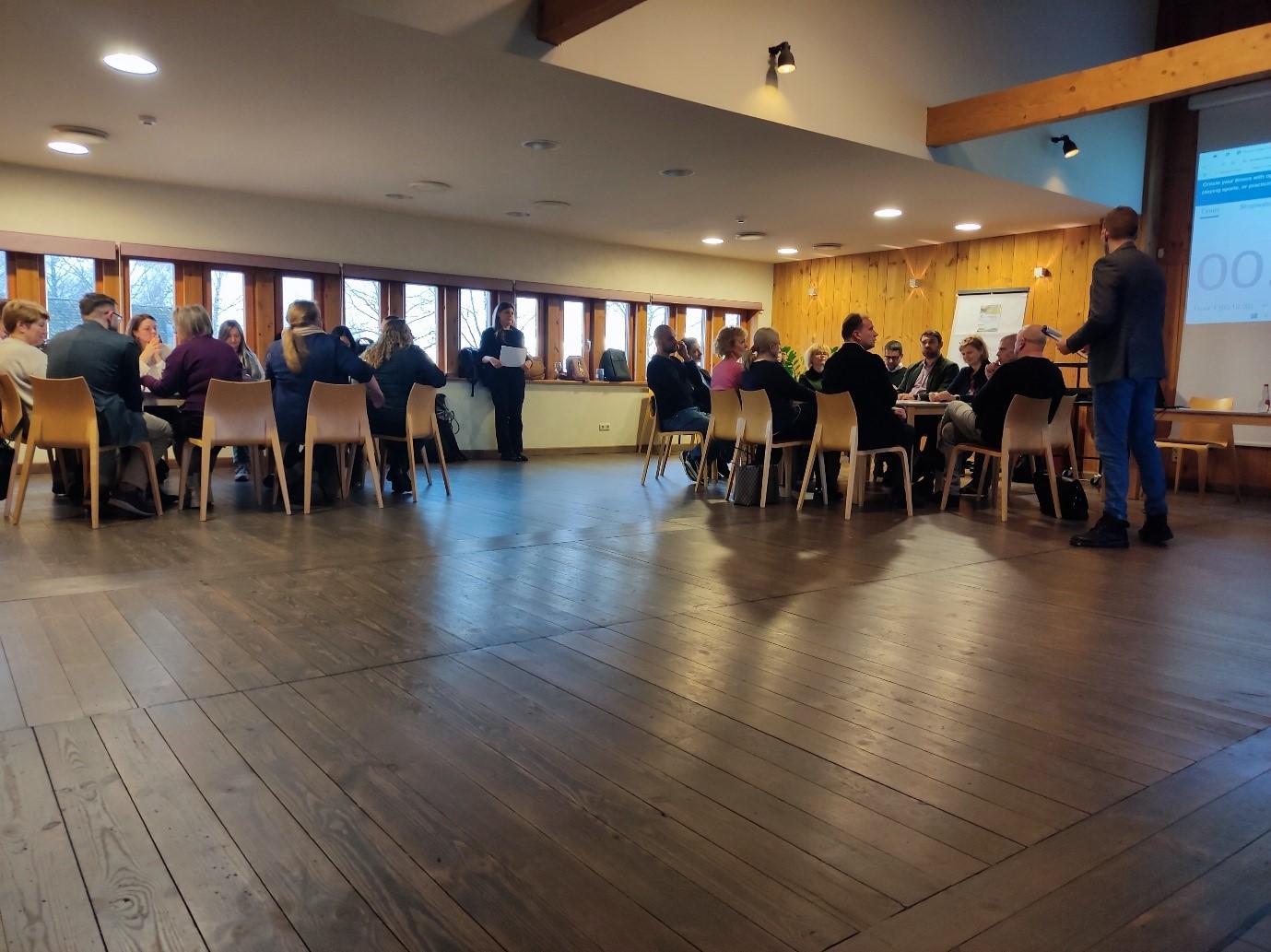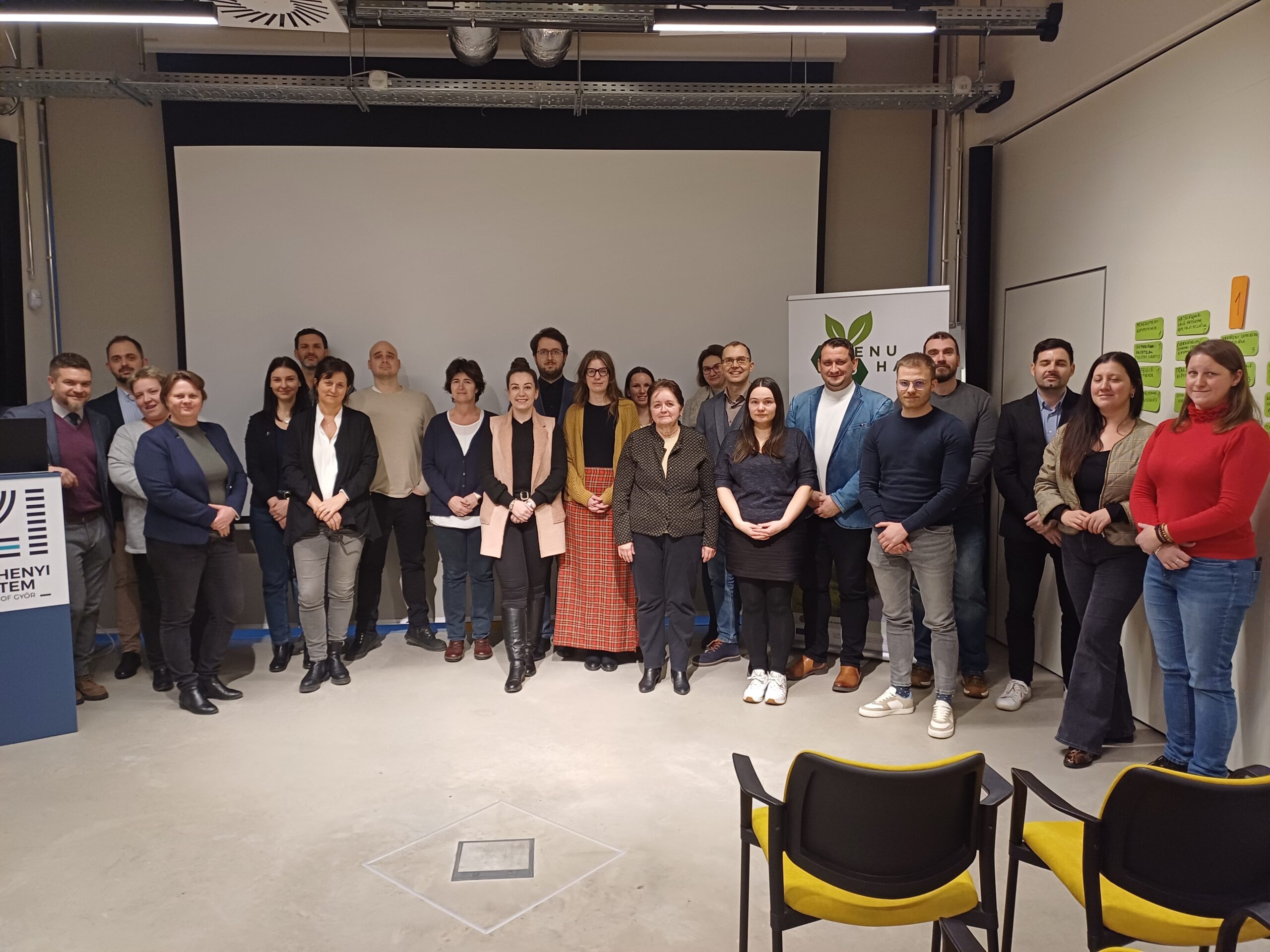NENUPHAR was kindly invited (SUA, EEB and UVIC) to the FER-PLAY project final event, held in Brussels on 18-19 February 2025.
FER-PLAY is working to protect ecosystems, decrease EU dependence on fertiliser imports, and improve resource efficiency through the promotion of circular fertilisers. The project mapped and assessed circular fertilisers made from secondary raw materials and highlighted their multiple benefits to foster their wide-scale production and application.
During those rich two days, more than 50 participants, from research, industry or policy making fields, had the chance to exchange around the untapped potential of circular fertilisers: from the CAP, policy and regulatory landscape, socio-economic benefits to the environmental benefits and added values of those circular fertilisers.
Our partner SUA, Slovakia, represented by Lubos Jurik, had the opportunity to take part in two different sessions and discuss around:
- Environmental benefits and cost-competitiveness of circular fertilisers + Q&A – How do circular fertilisers help us replace the use of energy intensive synthetic fertilisers and protect the health of our soils and the surrounding ecosystems?
Lubos, together with Aline Granjard from the European Compost Network, highlighted again the huge amount of bio waste we generate at the EU level each year, and that could be used for circular fertilisers.
71 million tons of biowaste is recycled each year, beside 21 million tons of compost produced, counting for 2% of used mineral nitrogen and 5.8% of mineral phosphorus. A single ton of compost can sequester 110kg CO2 equivalent, which means that the yearly production of compost helps sequestrating over 2.31 billion kg of CO2 equivalent.
Circular fertilisers like compost not only reduce energy consumption, but improve water and soil quality, reduce our dependency on imported mineral fertilisers and their volatile prices that result in farmers’ livelihoods instability.
- Roundtable “Circular fertilisers: what’s next to be done? – directions from R&D projects – Streamlining research and innovation on nutrients recycling”.
Together with entities from projects such as Nutri-know, Walnut or BioSoilutions, and Mr. Bertrand Vallet from DG Research and Innovation (RTD) from the EU Commission, Lubos exchanged on the main objectives and challenges for the buy-in and deployment of circular fertilisers.
The main challenges consist in establishing terminology around those fertilisers (bio-based, circular, etc.) that would help raise awareness and ensure trust from users, as waste is still widely unpopular. Besides, regulatory barriers are still one of the most important issues, along with the scaling-up and harmonization of processed waste and secondary raw materials, to ensure the uptake by fertilisers producers and users. Data collection and replication of good practices need stronger collaboration among the stakeholders along the whole value chain.
It was very comforting to hear from several projects’ representatives that the INMAP (Integrated Nutrients Management Plan) proposed by the EU Commission already in 2022 is an urgently needed instrument to tackle water nutrient pollution and soil degradation. Some partners also highlighted the need for management at river basin level, to tackle overall river and coastal pollution caused by the accumulation of various waste streams. In this view, the Water Framework Directive (WFD), and its main instrument, the River Basin Management Plans (RBMPs), is key and must be properly enforced.
Lubos also reminded us all that our main goal is “to bring something (products) good for soil, water and farmers”. Soil that is eroded and depleted in microbiological activity and organic matter is essentially dry and dead, and therefore unproductive.
In addition, our partner EEB had the opportunity to meet with other projects’ partners and present Nenuphar to a wide audience during coffee breaks. This has led to strengthened partnerships that will fuel our continuous efforts to leverage technical and governance solutions for nutrient recovery and ultimately tackle pollution and degradation of water, soil and ecosystems at large.
Congratulations to the FER-PLAY team for this event and the last 3 years of extensive and hard work, it will surely help the EU to become more resilient and sustainable.



